 Food & Drinks Vocabulary
Food & Drinks Vocabulary
A collection of French words and phrases related to food and drinks. Ideal for food enthusiasts.

Asseyez-vous
The phrase 'Asseyez-vous' is a polite command or invitation in French, used to instruct someone to take a seat. It is commonly used in formal settings, such as in meetings or classrooms, and can also be used in everyday conversation to offer someone a place to sit.

Cuba
In French, 'Cuba' refers to the same island nation in the Caribbean known for its rich culture, history, and political significance. The name is used in similar contexts as in English, typically in discussions regarding geography, travel, and global politics.
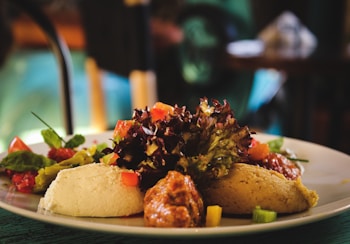
Deuxième plat
In French cuisine, 'deuxième plat' refers to the main course that follows the entrée, which is typically a lighter appetizer. This term is used during meals to indicate the substantial dish that features more filling ingredients, such as meats or hearty vegetables, often accompanied by side dishes. It is a key part of a traditional French meal structure.

Délicieux
The French word 'délicieux' is used to describe food that is very pleasant to taste or enjoy. It conveys a sense of delight and satisfaction when referring to meals or snacks that are particularly appetizing. This adjective can be used in various contexts, such as when complimenting a dish at a restaurant or expressing enjoyment of home-cooked food.
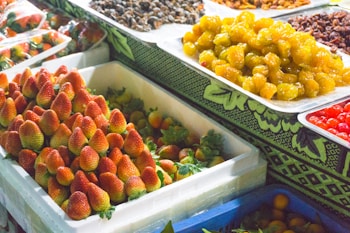
Fruits secs
In French, 'fruits secs' refers to dried fruits, which are fruits that have had most of their water content removed, usually through a drying process. They are often used in cooking, baking, and as snacks, and can include items such as raisins, apricots, and figs. The term can also encompass a variety of dried nuts and other fruits, emphasizing a healthy and delicious option for both sweet and savory dishes.

Scanner une boisson
In French, 'scanner une boisson' refers to the action of scanning a beverage, often through a digital means such as a smartphone app. This term can be used in contexts such as checking the barcode of a drink to obtain information about it, including its ingredients, nutritional facts, or price. The verb 'scanner' is borrowed from English, and it is commonly used in technology-related conversations.
Tentempé
In French, 'tentempé' refers to a state of being or a mood, often indicating a sense of calmness or stability. It can be used in various contexts, especially in literature or conversation, to describe a peaceful situation or an individual's serene disposition. This term captures a feeling of tranquility and is less commonly used in everyday speech.

abstinent
In French, 'abstinent' refers to a person who chooses not to consume alcohol. It can be used to describe someone who has vowed to abstain from drinking, often for health, personal, or religious reasons. The term conveys a sense of commitment to a lifestyle that avoids intoxicating beverages.

acidité
In French, 'acidité' refers to the quality of being acidic, often used in contexts related to chemistry, food, or taste. It describes the presence of acid in a substance, which can affect flavor, pH levels, and overall characteristics. For example, in culinary terms, one might describe the acidity of a citrus fruit, and in scientific discussions, it can pertain to the acidity of a solution in a laboratory.
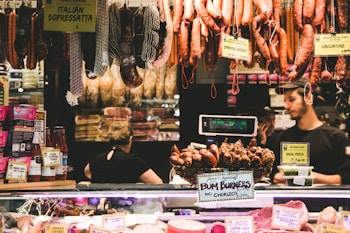
agneau
In French cuisine, 'agneau' refers to the meat of young sheep, typically considered tender and flavorful. It is often prepared in various traditional dishes such as 'gigot d'agneau' (leg of lamb) or 'côtelettes d'agneau' (lamb chops), and it is commonly enjoyed during festive occasions and meals. The term is also used in culinary contexts to denote specific cuts, preparation methods, and regional specialties.

aiguiser votre appétit
The phrase 'aiguiser votre appétit' in French is used to describe the action of stimulating or increasing someone's interest or desire for something, especially food. It can be used in various contexts, such as when discussing a delicious meal or an enticing dish that makes someone eager to eat. In a broader sense, it can also apply to increasing interest in any activity or subject.
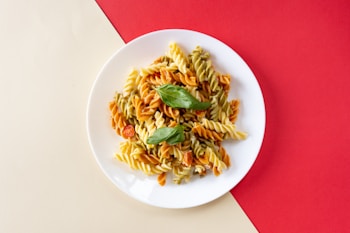
ail
The French word 'ail' refers to garlic, a popular ingredient in many cuisines, known for its strong flavor and aroma. In French cooking, 'ail' is often used to season dishes, add depth to sauces, and enhance the overall taste of various meals. It's common to find 'ail' in recipes for soups, stews, and marinades, and it is valued not only for its culinary uses but also for its potential health benefits.

ailes de dinde
In French, 'ailes de dinde' refers to the wings of a turkey, which can be used in various culinary dishes. This term is commonly found in recipes where turkey wings are cooked, whether roasted, grilled, or used in soups and stews. The word 'ailes' means 'wings' and 'dinde' means 'turkey', making it a descriptive phrase in the context of food preparation.

ailes de poulet
In French, 'ailes de poulet' refers to the dish made from the wings of a chicken, often cooked and served in various styles, such as grilled, fried, or baked, and traditionally enjoyed with sauces or dips.
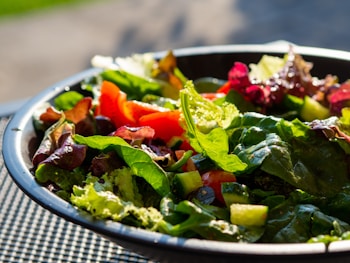
ajouter une salade
In French, the phrase 'ajouter une salade' is used when referring to the action of adding a salad to a meal or dish. It may be used in various contexts, such as when someone is preparing a meal and wants to include a salad as an additional course or side dish. The verb 'ajouter' means 'to add', and 'salade' means 'salad'. This phrase indicates an emphasis on enhancing the meal with a fresh or healthy option.
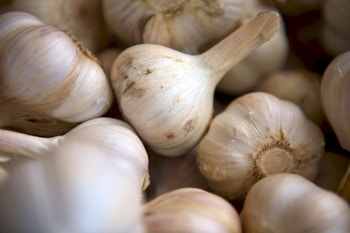
aliment riche en protéines
In French, 'aliment riche en protéines' refers to food items that are high in protein, which is essential for muscle growth and repair. This term is often used in nutrition discussions, emphasizing the importance of incorporating such foods into a balanced diet. Common examples include meat, fish, eggs, dairy products, legumes, and nuts.

aliment à faible teneur en sel
The term 'aliment à faible teneur en sel' refers to food products that contain reduced amounts of salt, which is often recommended for individuals managing health conditions like hypertension or heart disease. In French cuisine, low-salt food options may include fresh vegetables, fruits, and unsalted meats, emphasizing natural flavors without relying on added salt.
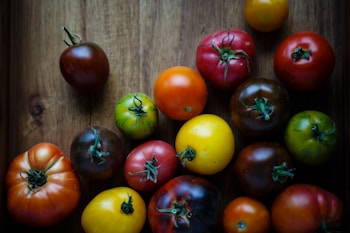
alimentation diététique
In French, 'alimentation diététique' refers to food that is specifically designed to meet certain dietary needs or health requirements. This term is often used in contexts related to nutrition, health, and wellness, indicating foods that are low in calories, fat, sugar, or sodium, or fortified with specific vitamins and minerals. It encompasses a variety of products, including low-calorie snacks, sugar-free alternatives, and gluten-free options, catering to individuals with specific health goals or conditions.

alimentation sans colorant
In French, 'alimentation sans colorant' refers to food that does not contain any artificial colors or additives. This phrase is often used in discussions about healthy eating and nutrition, emphasizing the importance of consuming natural and unprocessed foods that are free from synthetic enhancers.

alimentation équilibrée
The term 'alimentation équilibrée' in French refers to a diet that includes a variety of different foods in the right proportions, ensuring that all necessary nutrients are consumed for maintaining health and wellbeing. It emphasizes the importance of combining different food groups, such as fruits, vegetables, proteins, and carbohydrates, to achieve a healthy lifestyle.
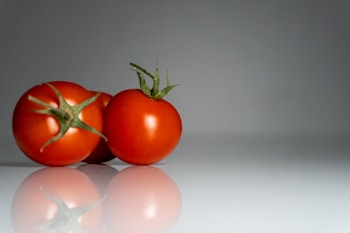
aliments biologiques
In French, 'aliments biologiques' refers to food products that are grown and processed without the use of synthetic fertilizers, pesticides, or genetically modified organisms. This term emphasizes a commitment to natural farming practices, ensuring that the food is healthful and environmentally sustainable. 'Aliments biologiques' are often sought after by consumers looking for healthier options and are typically available in health food stores and markets specializing in organic produce.

aliments faibles en calories
In French, 'aliments faibles en calories' refers to food items that contain a low number of calories, which can be beneficial for weight management and healthy eating. This term is often used in dietary discussions and nutritional labeling to describe foods that allow individuals to enjoy meals while maintaining or losing weight.

aliments frais
In French, 'aliments frais' refers to food that is recently prepared or harvested, implying it is of high quality and has not been preserved or processed extensively. This term is commonly used in culinary contexts to emphasize the importance of using fresh ingredients in cooking, as well as to promote healthier eating habits.
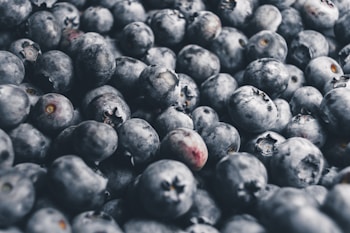
aliments périssables
In French, 'aliments périssables' refers to food items that have a limited shelf life and can spoil or decay quickly, such as fruits, vegetables, dairy products, and meats. These foods require proper storage and refrigeration to maintain freshness and avoid spoilage, making them an essential consideration in both cooking and food safety.

aliments riches en calcium
In French, 'aliments riches en calcium' refers to foods that contain high levels of calcium, which is essential for bone health and various bodily functions. This term is used in discussions about nutrition and healthy diets, highlighting foods such as dairy products, green leafy vegetables, and fortified foods that contribute to meeting daily calcium requirements.
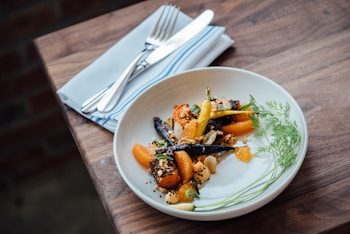
aliments riches en vitamines
In French, the term 'aliments riches en vitamines' refers to various foods that contain high concentrations of vitamins, which are essential nutrients for the body. This phrase is often used in discussions about nutrition and health to emphasize the importance of consuming a balanced diet that includes fruits, vegetables, and other vitamin-rich foods to maintain overall well-being.

amandes
In French, 'amandes' refers to the edible seeds of the almond tree, which are often used in cooking, baking, and as a healthy snack. They can be enjoyed raw, roasted, or as almond flour, and are popular in various French desserts such as frangipane. The word is feminine, so one would say 'une amande' for a single almond.
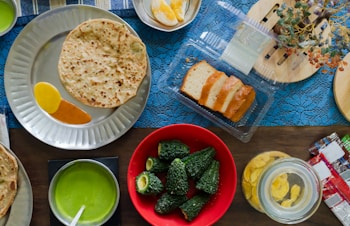
amer
The French word 'amer' is used similarly to the English equivalent 'bitter'. It is an adjective often used to describe a strong, sharp taste that is not sweet, or can be used metaphorically to describe a difficult, painful, or resentful emotion.
Example sentences with amer →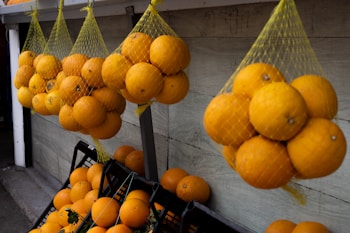
amertume
The French word 'amertume' denotes a deep sense of emotional pain or resentment, often resulting from disappointment or loss. It can describe a flavor that is sharp and unpleasant, common in certain foods and drinks. In literature and conversation, 'amertume' is used to express feelings of sorrow or regret, highlighting the more profound emotional experiences that can accompany life's challenges.

anacarde
In French, 'anacarde' refers to the cashew tree and its fruit, which is known for its nut that is often eaten as a snack or used in various recipes. The term can be used both in a culinary context when discussing food preparation and in a botanical context when referring to the plant itself. It is important to note that the nut comes from the cashew apple, which is also edible but less commonly consumed.